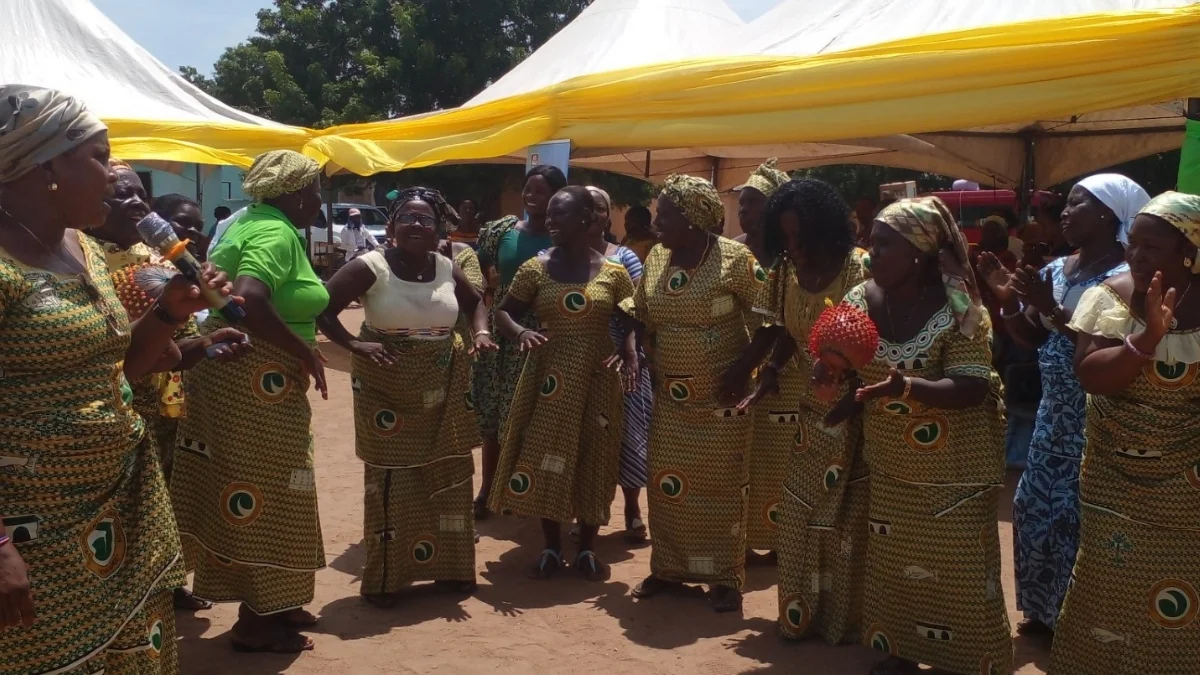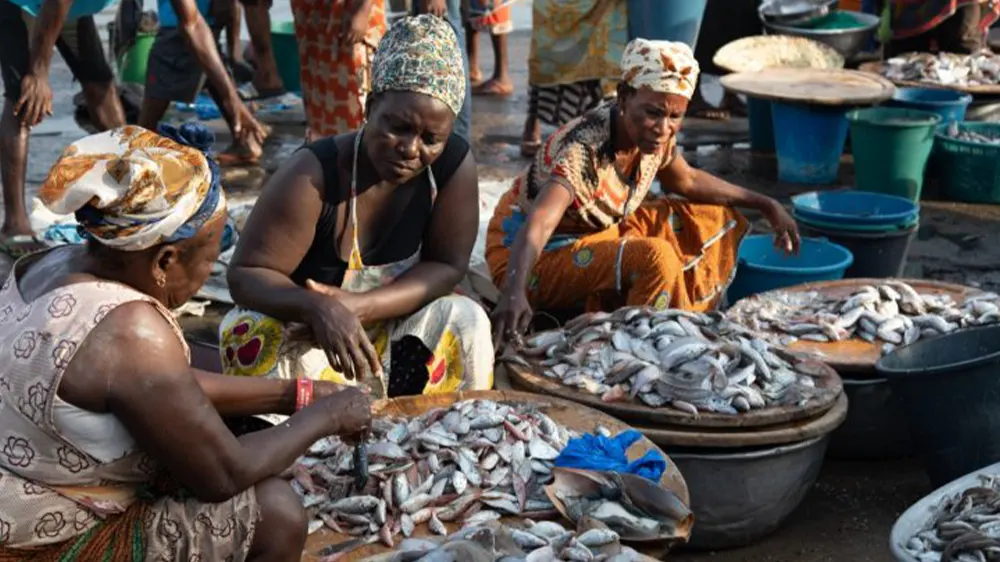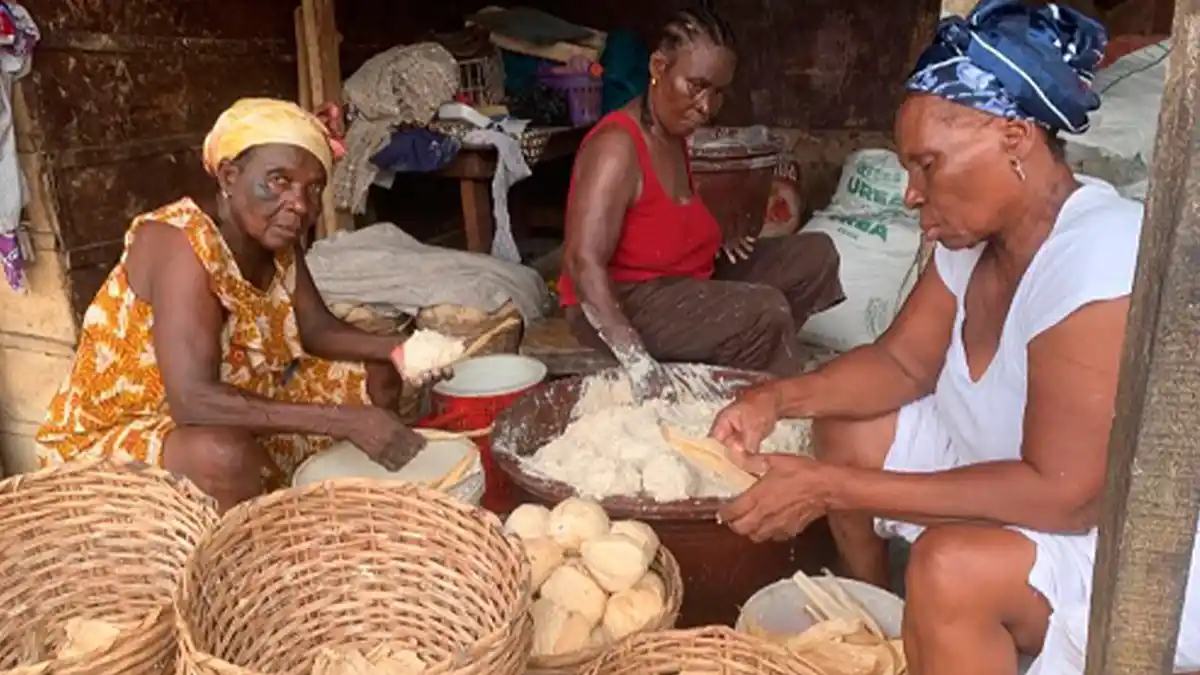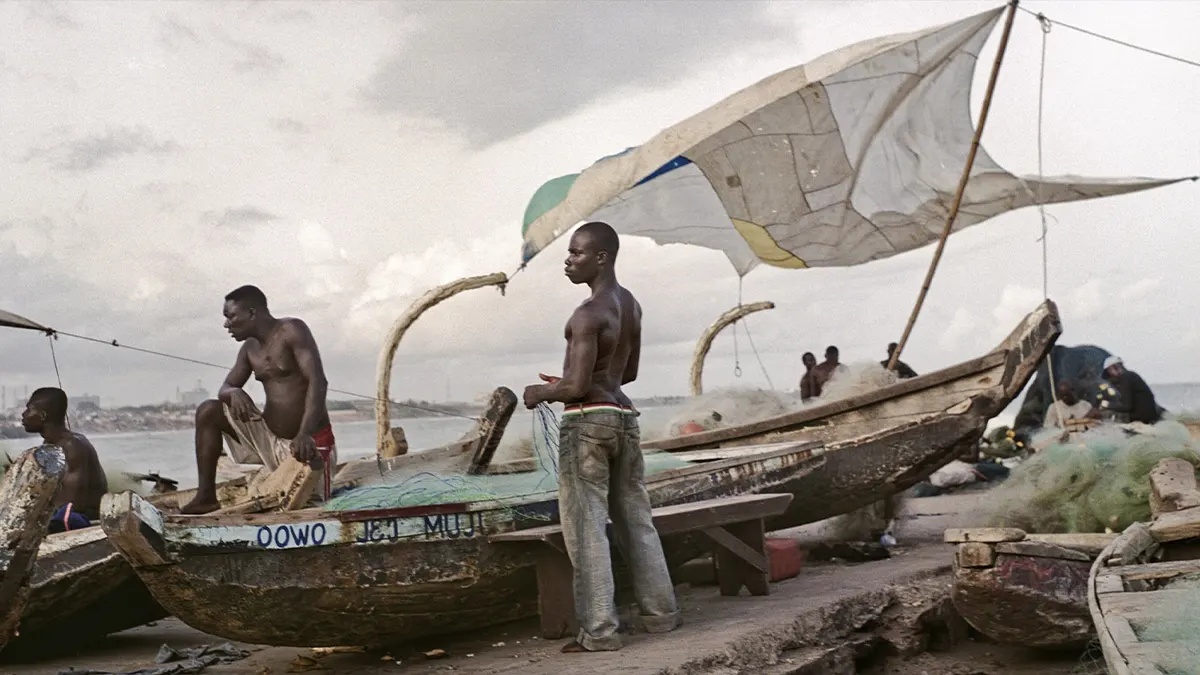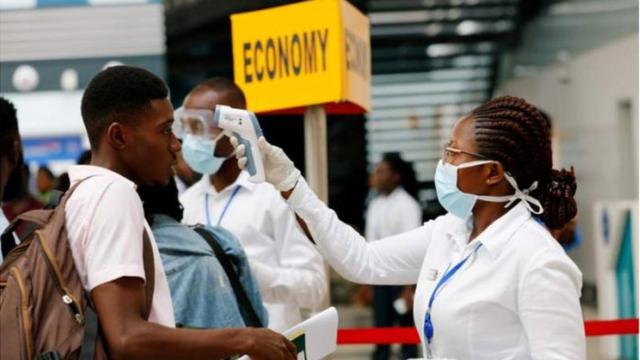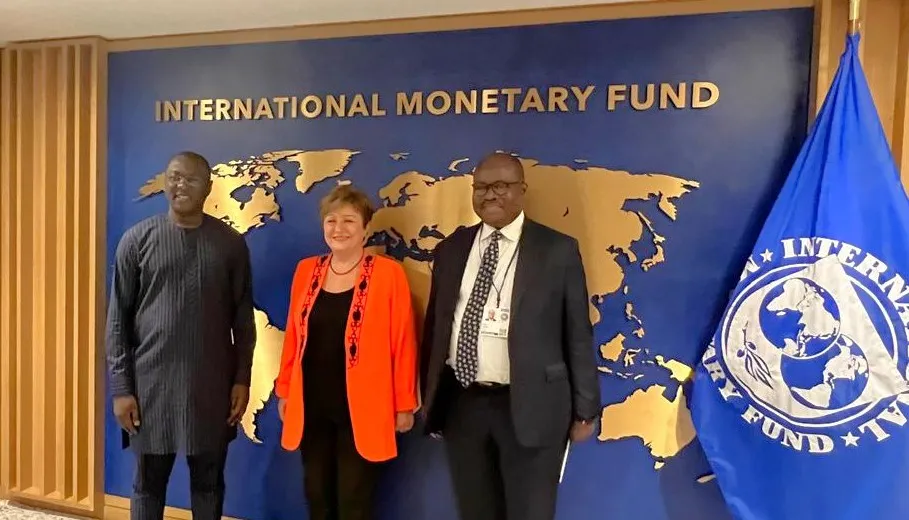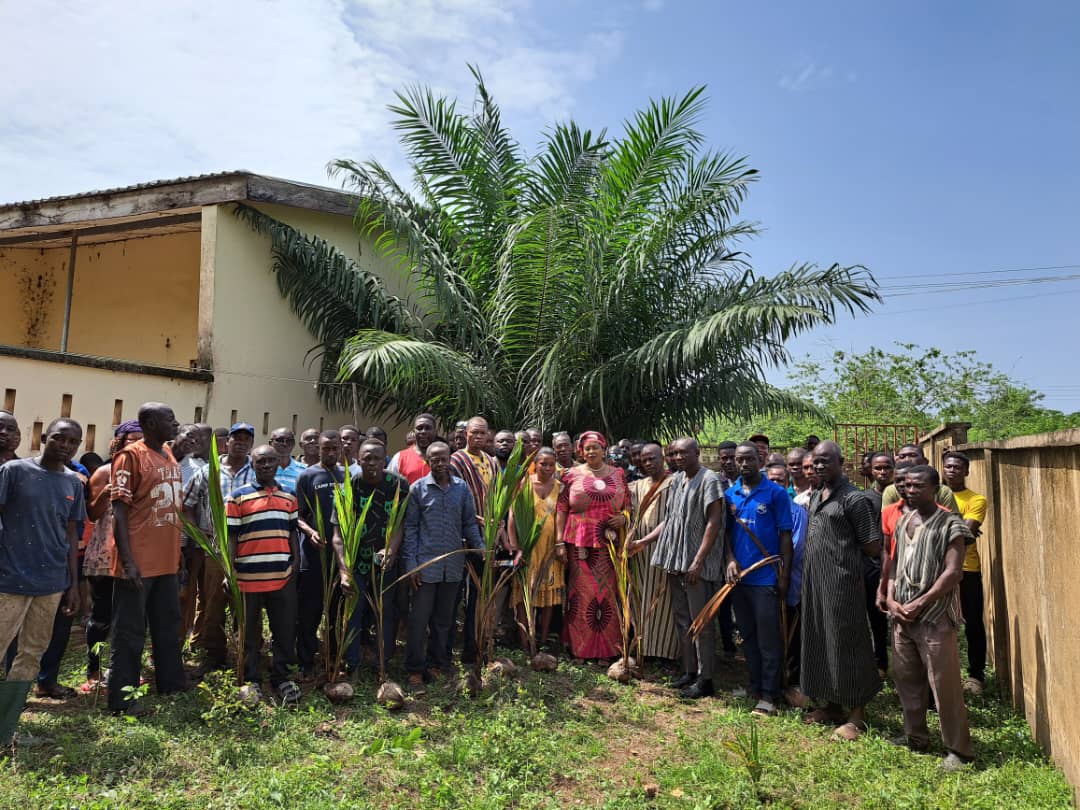Peasant rural women farmers and fish processors from the Central and Greater Accra regions have voiced their concerns about the soaring costs of essential farm inputs, including fertilizers, weedicides, pest control chemicals, and seeds.
They also expressed distress over the encroachment of sand miners onto their farmlands, which has restricted their access to fertile land for crop cultivation.
These issues were brought to light during the annual International Rural Women's Day celebration in Kokrobite, within the Ga South Municipality of the Greater Accra Region, on Monday.
The event, organized by the Development Action Association under the theme, “Rural Women: Cultivating Good Food for All,” served to commemorate the critical role of rural women in agriculture and their contribution to global food security, nutrition, and poverty reduction.
International Rural Women's Day, celebrated on October 15th each year, is designated by the United Nations to highlight and promote the essential role of women in agriculture and the strengthening of food security worldwide.
Madam Mavis Hawa Koomson, the Minister of Fisheries and Aquaculture Development, expressed her admiration for the rural women's crucial role in the agricultural value chain and their contribution to UN Sustainable Development Goals 1, 2, 5, and 14.
She underscored the importance of empowering rural women economically and their active participation in decision-making processes to ensure that their insights and knowledge shape effective policy interventions and strategies.
The Ministry of Fisheries and Aquaculture Development, according to the Minister, has consistently implemented policies aimed at empowering women in agriculture.
These policies include access to credit facilities, technology and innovation for improved fish processing, safe fishing certification schemes, and the introduction of safe and enhanced technologies to boost agricultural produce.
Mrs. Lydia Sasu, the Executive Director of the Development Action Association, called for the establishment of an aquaculture biosecurity plan to regulate activities that harm the ecosystem, ensuring the protection of wild species and the promotion of healthy and productive water-use ecosystems that generate jobs and services.
Approximately 60% of agricultural development in Ghana is attributed to women, particularly smallholder farmers, with 95% residing in rural areas.
The event also featured exhibitions showcasing primary and value-added products from women farmer groups and fish processors.
- Reporting by Godwill Arthur-Mensah : Editing by Adewale Adejoke

